How To Avoid Nighttime Allergies and Sleep Better
National Jewish Health allergy expert Jessica Hui, MD, shares techniques for combating allergies at night when you are sleeping. Avoidance measures include keeping pets out of the bedroom, closing windows, and using nasal sinus rinses.
Many people who suffer from environmental allergies suffer from poor sleep as well.
Allergen avoidance measures are key, such as keeping the windows closed in the home at all times, as this will prevent the pollens from entering the bedroom. If there are pets in the home, keeping the pets strictly outside the bedroom is important, since they may have brought pollens from the outdoors into your home.
Also, taking your medications at night can be useful, such as using nasal sinus rinses to help wash out the nasal passages from the pollens you may have inhaled during the day. And you can follow this by using nasal sprays to decrease nasal inflammation.
Related Videos
Related Health Insights and News
Want to use this on your website? Fill out the content usage request form and then copy this code: https://youtu.be/uCcjshfE3lc





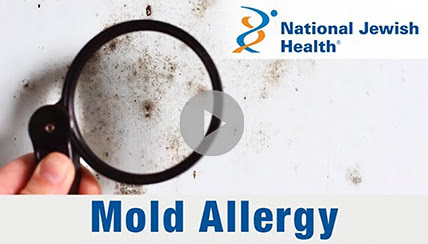

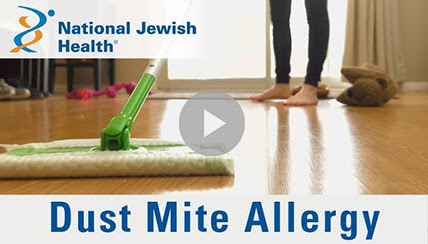



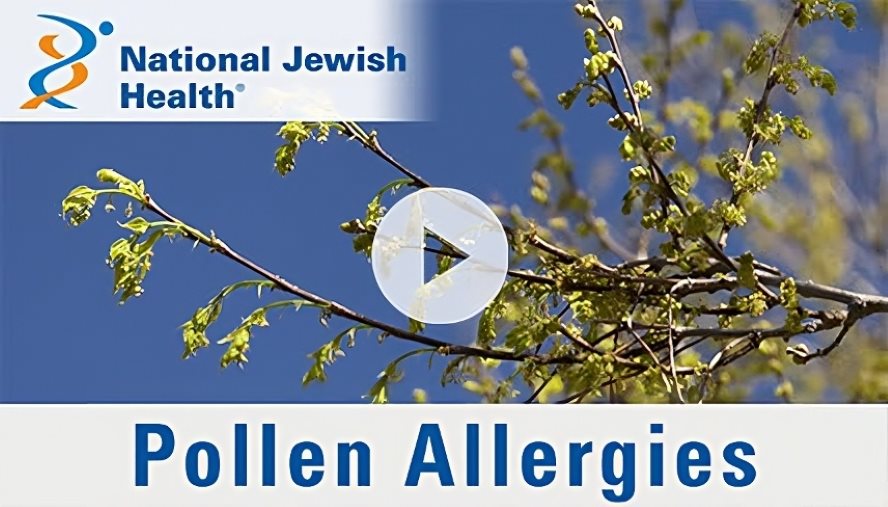


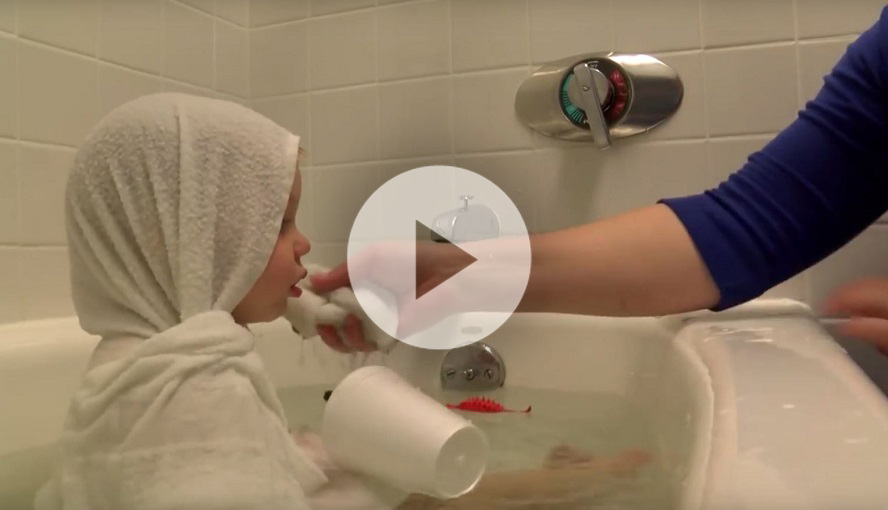

-(1).JPG?lang=en-US&ext=.jpg)


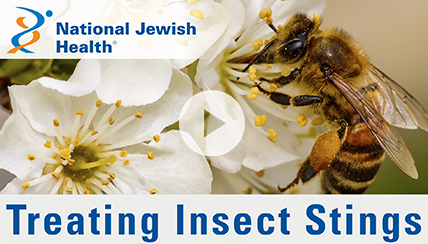
.JPG?lang=en-US&ext=.jpg)







